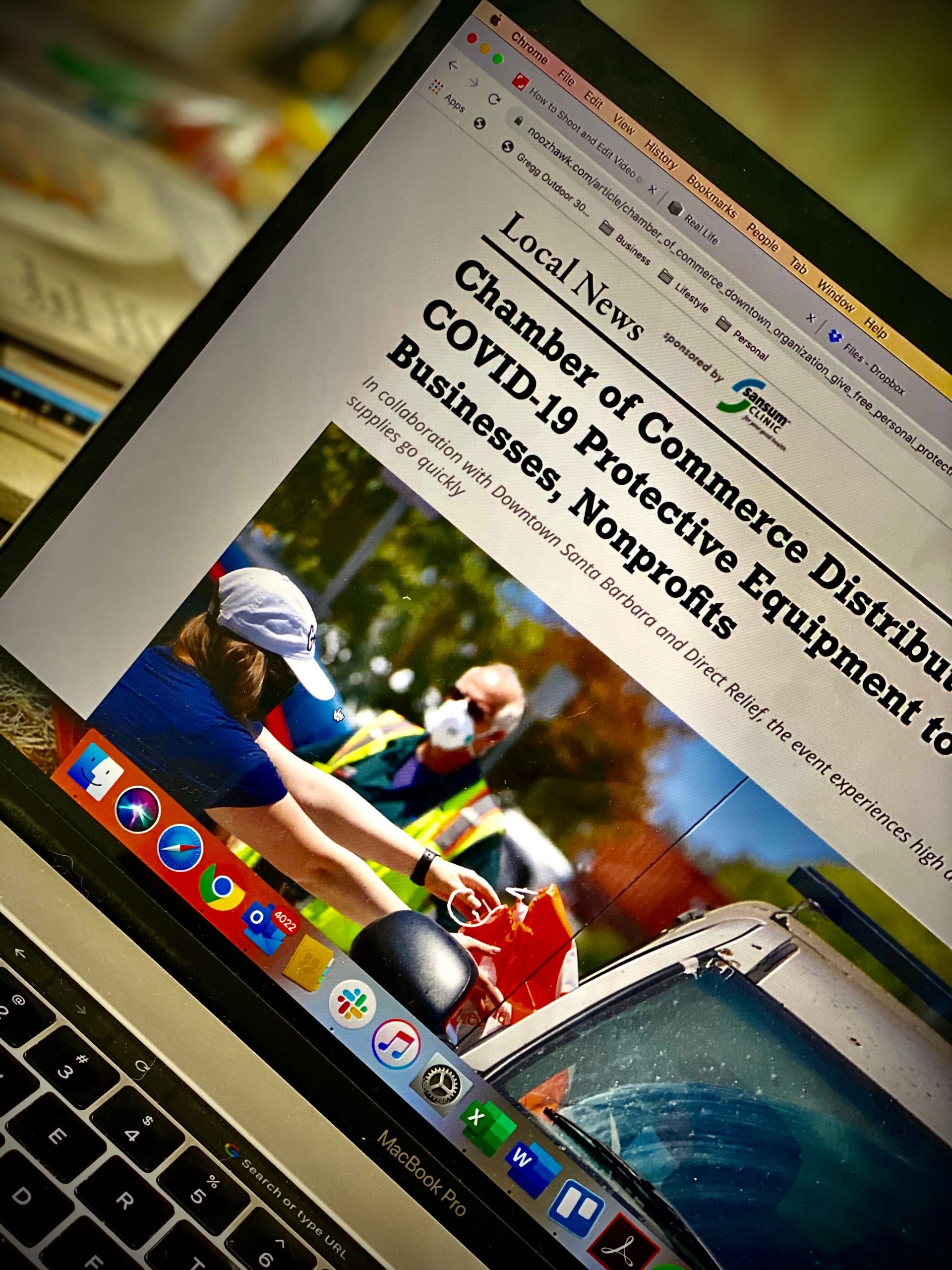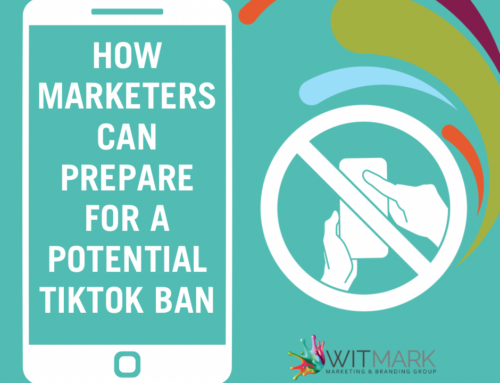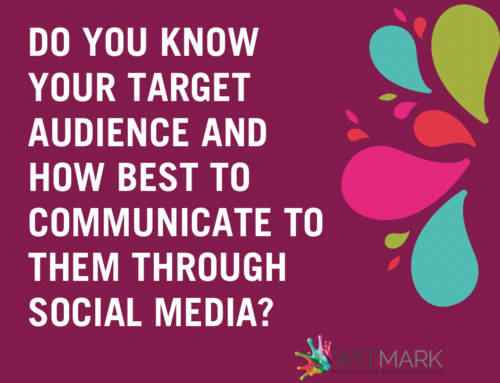How PR Plays A Role in Your SEO Strategy
In 1996, Bill Gates wrote an essay titled “Content is King.” In it he says, “no company is too small to participate.” He predicted that the Internet opened up a world of possibilities for paid and unpaid content and that it would be generated by multiple sources. Fast forward 24 years, his prediction could not be more true. For companies large and small, content is king and for PR content specifically, it can be an incredibly impactful tool in search engine optimization.
Content can mean many things. It includes information and experiences. But no matter the subject matter, its purpose is to allow a brand to connect to its audience. The content developed may position a brand as a resource and build credibility or it may create an emotional connection. This content is also an important aspect of Search Engine Optimization.
One important step in successfully tying public relations efforts to SEO is to align these efforts with brand messaging that supports regular SEO initiatives. For example, for the most optimal impact when sending press releases be sure to have hyperlinks strategically point to pages that have SEO strategies in place. Additionally, it is important to have an online press center on your site, with relevant stories containing outbound links to sites that highlight past press or mentions.
Even more, consider how a page ranks and employ PR tactics to support this ranking. As you most likely know, the higher a page ranks the better the SEO. This is supported through many things, including keywords and links. Earned media positively impacts a keyword strategy. Press releases, stories, and more should contain targeted keywords and be thoughtfully written to support a broader message. Links are an important factor that Google considers when ranking sites and pages. The bigger the site that links back, the bigger impact to SEO. When pitching media, it is helpful to consider the outlets that may publish this content and their website authority. Websites have something called website, or domain, authority. This is an SEO concept that, as Hubspot says, is “the strength of a given domain and its reputation as a thought leader.” When a page ranks higher the benefits are pretty obvious. What may not be obvious, however, is how journalists and thought leaders search for information – they start with Google. If a company has established stories, links, and sources of information from past press, its site ranks higher which can help establish the brand as an expert in its space.
PR is not only about a well-crafted press release and coverage in national media outlets. It can also be supportive of other arms of a marketing strategy. The key to effective PR that supports SEO is communication. Make sure your internal teams or outside consultants all share strategies and messaging for long term success.







Leave A Comment